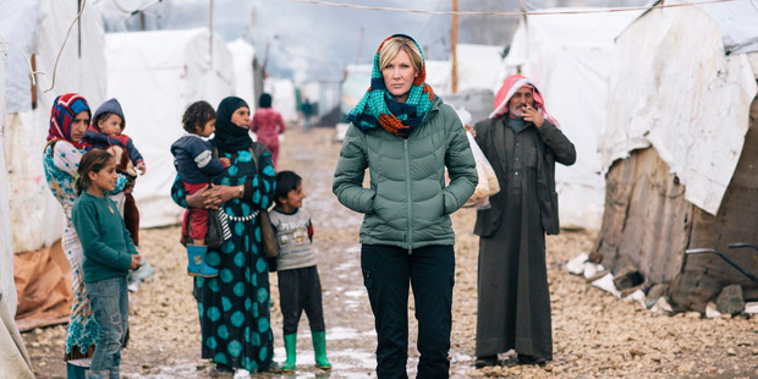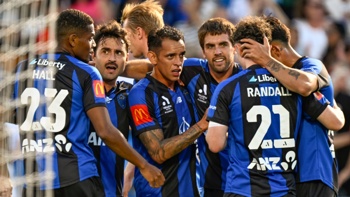
On this day, five years ago, an uprising began. And who could ever have imagined how much it would ultimately change the world.
That was when the Syrian conflict began. March 15th, 2011. It was the first day of the revolution.
VIDEO: Undercover in Islamic State's capital
Our stance in New Zealand? Well, like most issues in the Middle East really, we genuinely view it as not our problem. And historically it hasn't been. It's best to leave them to it.
And that’s what the world did too. The conflict went unchecked. No support, no help with diplomatic negotiations, certainly no appetite from the perspective of the UN security council to get involved in any peace-keeping capacity.
The Iraq wars and Afghanistan were still raw in our minds. No-one wanted another conflict.
Patricia Mouamar: Five years into the Syrian war
But five years on, look at the impact that conflict has had on the world. Our world.
There are over a million refugees living in Europe. Living in squalid and challenging conditions. And witness how that influx of humanity has destabilised Europe. Look at the situation Angela Merkel now finds herself in, in Germany. She was the woman who opened the borders – and now she’s staring at the demise of her political career.
There are millions of refugees living in the Syrian border countries of Lebanon, Turkey, Kurdistan and Jordan.
MORE: Putin orders Russian troops out of Syria
You’ve got a generation of children – millions of children – who’ve had no access to education for half a decade. Syrians, historically a very well educated race, now don’t have so much as a pencil and paper.
And what does extreme poverty and destitution spawn? It spawns child labour, child trafficking, child marriage.
In the power vacuum that quickly opened up, extreme violence against civilians and rape have become weapons of war. And with Syria and Iraq standing side by side as failed states, that allowed the creation of the Islamic State.
There've been terrorist attacks across the middle east and beyond. Look at the attacks in Paris. Each and every one has it origins in Syria and Iraq.
We’ve seen Russia gain something of a base in the Middle East. Moscow has a very real foothold in Syria. Why does President Putin want that? What good can come of a corrupt Russian dictatorship embedding itself in the region.
And here, in New Zealand, we’ve upped our refugee quota too. No-one is immune to the impact of the syrian conflict.
The human cost is massive – 13.5 million people either displaced or living as refugees. 6.5 million children among them. Upwards of 300,000 dead. But even if the war stops tomorrow, look at what’s left of Syria. A beautiful, beautiful country – it’s architecture, it’s artifacts destroyed.
The world has changed dramatically because, five years ago today, a group of Syrians protested and asked for democracy, and to be treated with dignity.
The question is, how will the world change in the next five years? What impact will it have on us? And is there any real political will to end the suffering of millions of people?
Like everything, only time will tell.
Take your Radio, Podcasts and Music with you









